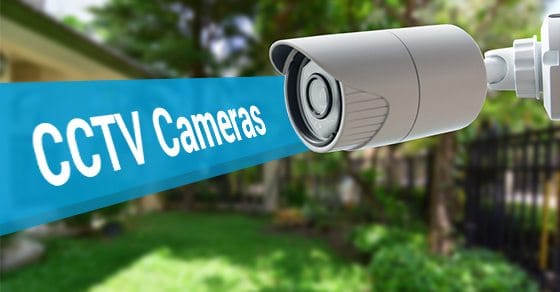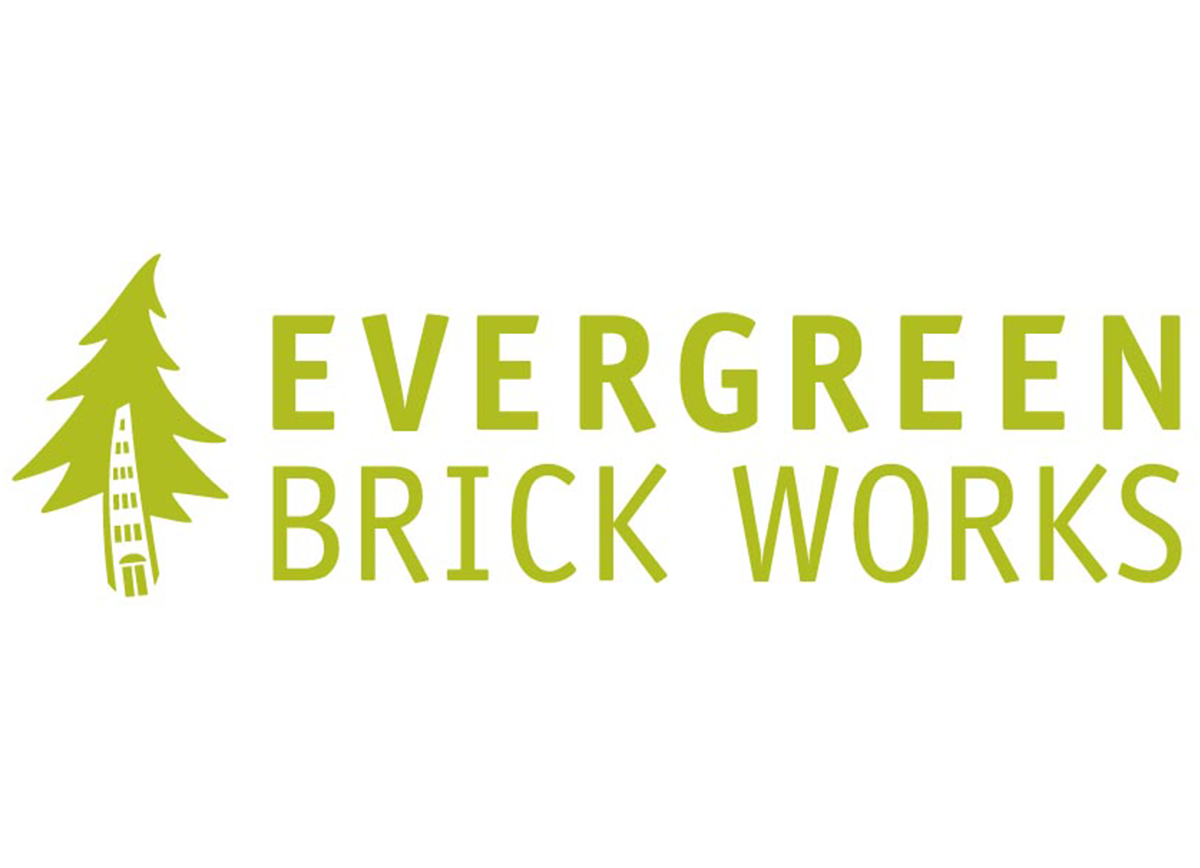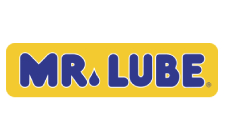Closed Circuit Television (CCTV) is a security measure put in place to detect and prevent crime. A complex monitoring system uses CCTV Security Cameras to perform surveillance. The United Kingdom leads the way in CCTV surveillance, with 20 percent of the world’s cameras found there. Beijing, London and Chicago are the cities with the most cameras, while the major Canadian cities trail far behind. However, that does not mean that you cannot install a CCTV security camera on your Canadian home or business premises. Here are some legal requirements that you should know before you hook up your CCTV camera system.

How does CCTV work?
CCTV is a system comprised of a camera, a cable and a monitor. The monitor is placed in a surveillance room where you can see what the camera picks up. CCTV systems that survey larger areas like warehouses are more intricate and consist of multiple cameras, monitors, controllers and recording instruments.
Is CCTV legal in Canada?
It is legal to install a CCTV camera in Canada. Still, there are some rules involved that you must abide by. The first thing to consider regarding CCTV systems is the intention. In Canada, if the intent of your surveillance system is for protection—to protect your family or business—then you are good to go. CCTV systems used to enhance the protection of your family, business assets, employees or personal property are considered legal.
What areas cannot be surveilled by CCTV cameras?
You can install CCTV cameras in areas where your safety is threatened. For example, if you are experiencing a surge in vandalism in your store, you can place a camera over the area that is being vandalized. However, you cannot install CCTV cameras in sensitive areas like washrooms, locker rooms and dressing rooms because that is a direct violation of privacy. Even if your business restroom is constantly covered in graffiti and you want to catch the culprit, you cannot legally use a CCTV camera in that area.
It is also a good idea to install and may mitigate liability to install warning signs that the premises are under CCTV surveillance.
Before you install your system, do your research. Some municipalities can have their own laws regarding CCTV installation, so it is best to check with your local branch of government to ensure that you are not breaking any laws with your surveillance system.
- Access Control
- Alarm monitoring
- Alarm Systems
- cannabis
- cannabis retailer
- CCTV Cameras
- Childproof Doors
- Commercial Security
- Construction Security
- Cybersecurity
- Digital Safety
- Door Bell
- Ethernet
- fire
- flood
- garage
- General Category
- Halloween
- holiday
- home
- home automation
- Home Safety
- Home Security
- Home Security System
- In the News
- intercom
- internet
- life insurance
- Locksmith
- Move Ahead
- moving
- MUL-T-LOCK
- natural disasters
- New Years
- Office Security
- Personal Safety
- Pet Protection
- real estate
- Safes
- Safes
- safety
- school
- Security Cameras
- Security Film
- Security Industry News
- Security Systems
- Security Tips
- security window film
- Senior Safety
- shoplifting
- Small Business
- Small Business security
- social media
- social network
- Sports Safety
- summer
- vacation
- Video Alarm Monitoring
- web
- web surfing
- Webdesign
- Window Film
- winter
- Workplace safety


















































